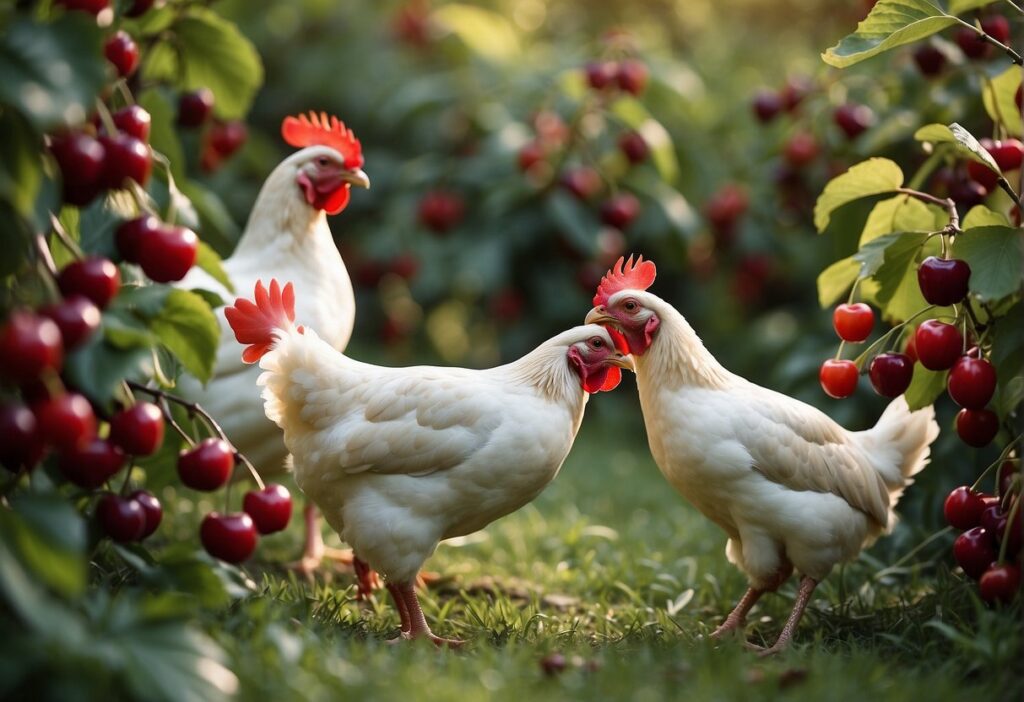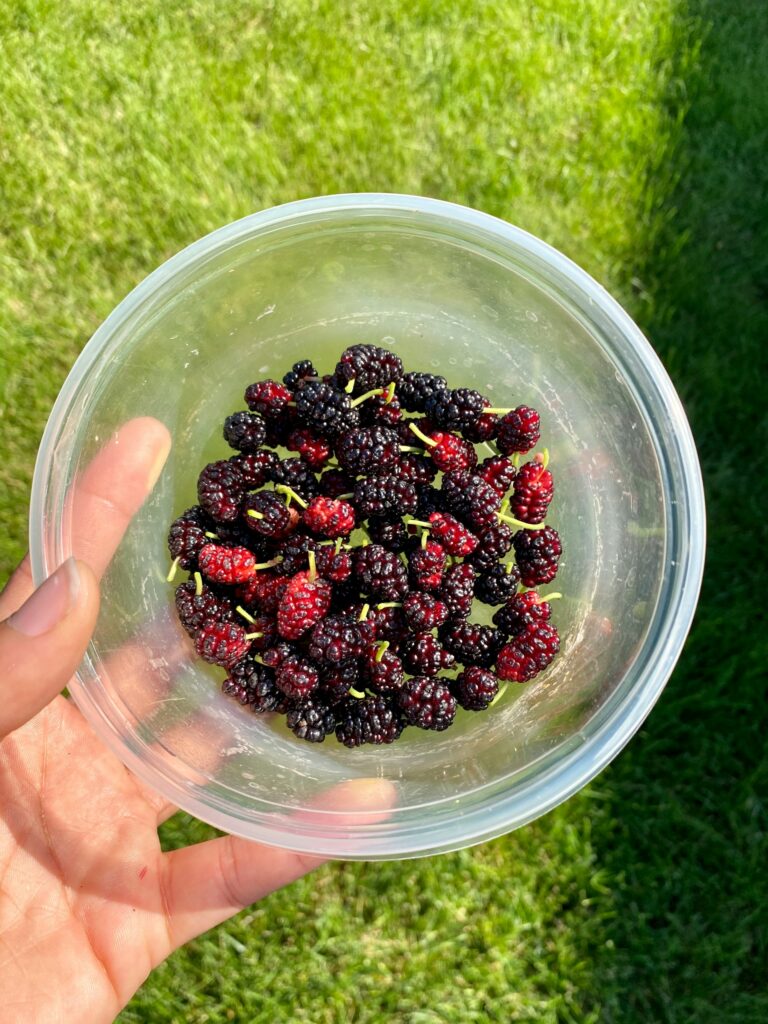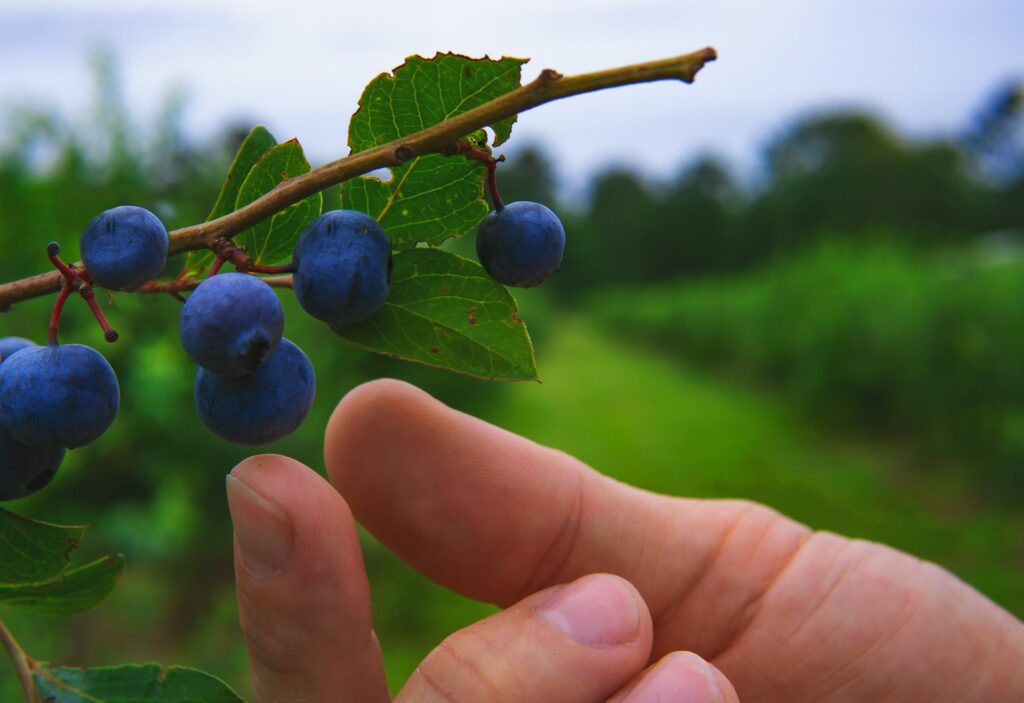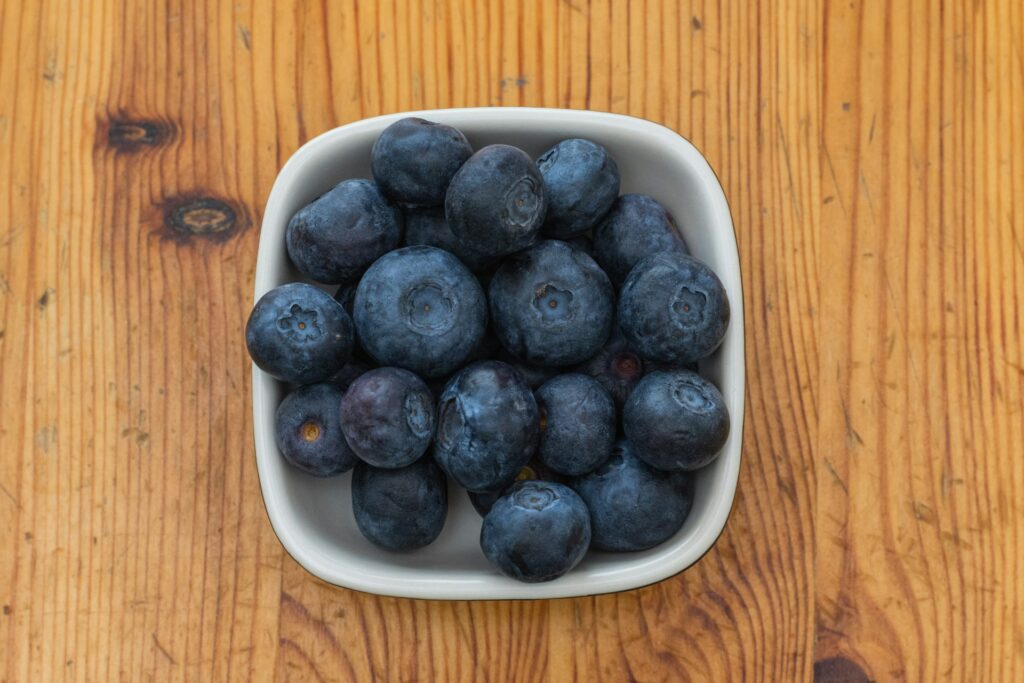
Many chicken owners are curious about the types of fruits their feathered friends can safely consume. Among the various fruits available, cherries often come up in discussion. While cherries are a delicious and nutritious treat for humans, it’s essential to consider if they offer the same benefits when included in a chicken’s diet. It raises the question of whether the nutritional value cherries provide to humans translates effectively to chickens and if there are any accompanying health risks that keepers should be aware of.
When discussing the potential inclusion of cherries in a chicken’s diet, it is important to examine both the positive nutritional aspects and any possible adverse effects. Key nutritional components of cherries, such as vitamins and antioxidants, could be beneficial to chickens, but some parts of the cherry, like the pits, could pose a serious health risk. It is also vital to consider the appropriate quantity and preparation method when feeding cherries to chickens to prevent any negative consequences.
Key Takeaways
- Cherries can be a part of a chicken’s diet, offering nutritional benefits.
- Certain parts of cherries can be harmful to chickens and must be avoided.
- Feeding cherries to chickens requires careful preparation and moderation.
Nutritional Value of Cherries for Chickens

Cherries can offer a range of nutritional benefits for chickens, primarily as a source of vitamin C and various other vitamins and minerals. These contribute to the overall health when fed in moderation as part of a balanced diet.
Vitamin C Content in Cherries
Cherries are an excellent source of vitamin C, an antioxidant that supports a chicken’s immune system’s functionality. Of note, one cup of cherries contains about 10.8 milligrams of vitamin C. This nutrient can help chickens with stress tolerance and potentially improve the quality of their skin and feathers.
Other Vitamins and Minerals Present
Aside from vitamin C, cherries also contain other essential vitamins and minerals that contribute to the well-being of chickens:
- Vitamins: Cherries include Vitamin A, which is vital for maintaining good vision, and Vitamin K, which is important for blood clotting and bone health.
- Minerals: They provide minerals such as potassium and magnesium. Potassium is necessary for proper heart function and muscle contraction, while magnesium plays a role in bone health and metabolism.
Cherries serve as a healthy snack, but they should only represent a small fraction of a chicken’s diet to avoid any nutritional imbalances.
Potential Risks of Feeding Cherries to Chickens
While cherries can be a delicious treat for chickens, certain aspects of the fruit can pose health risks if not managed properly.
Cyanide Poisoning from Cherry Pits
Cherry pits contain amygdalin, which can convert into hydrogen cyanide when metabolized. Chickens consuming cherry pits may experience cyanide poisoning, although they would need to ingest a large number of pits for this to occur. It remains crucial to prevent chickens from accessing cherry pits when feeding them this fruit.
- Risk factor: Cyanide presence in pits
- Prevention: Remove pits before offering cherries
Choking Hazards
Cherries, particularly with pits intact, can cause chickens to choke. The size and hardness of the pits pose a significant risk if chickens attempt to swallow them whole or in large pieces.
- Risk factor: Pit size and hardness
- Prevention: Pit removal and offering smaller cherry pieces
Careful preparation of cherries, with attention to pit removal, can help mitigate these risks. Feeding cherries in moderation is advised to avoid any potential health issues.
Safe Practices for Feeding Chickens Cherries
When feeding chickens cherries, it is critical to ensure that the fruit is prepared appropriately and served in suitable quantities to maintain the health and safety of the chickens.
Removing Cherry Pits and Stems
Cherries must be pitted before being offered to chickens. The pits contain small amounts of cyanide, which can be harmful to chickens if ingested in large quantities. Additionally, pits pose a choking hazard and can cause intestinal blockages. To prepare cherries for chickens, remove all pits and stems. Pitted cherries are safe for chickens to eat and can be a healthy snack.
Determining the Right Quantity
Cherries should be fed to chickens in moderation. As a general rule of thumb, cherries should only make up a small portion of a chicken’s diet, similar to how one might use them as a treat for a pet dog or cat. Overfeeding can lead to digestive issues and nutrient imbalances. A suitable serving size is 1-2 cherries per chicken, depending on the size of the bird, ensuring that the rest of their diet consists of a well-balanced chicken feed.
Types of Cherries Suitable for Chickens
Chickens can safely enjoy a variety of cherries, but it is essential to feed only fresh and ripe cherries. Avoid processed cherries or those with added sugars and preservatives, as these can be harmful.
- Sweet cherries: Suitable for chickens and can be given in moderation.
- Sour cherries: Also safe, but should be given less frequently due to their higher acidity.
- Frozen cherries: Can be offered as a cool treat, especially in hot weather. Thaw before feeding to prevent choking.
Note: Always introduce any new food, including cherries, gradually to monitor for any adverse reactions.
Conclusion
Chickens can safely consume cherries as a treat. Cherries should be given in moderation due to their sugar content. Removing pits is crucial because they contain cyanide, which is toxic to chickens. It is recommended to offer pitted cherries to chickens in small quantities to prevent any potential health risks.
Feeding practices should include variety, so introducing cherries along with other fruits and vegetables can contribute to a balanced diet for poultry. Fresh water should always be available, especially when new foods are introduced.
As with any treat, observe the chickens after feeding them cherries for the first time. This can help identify any adverse reactions, which are unlikely but possible with any new food item.
In terms of cherry treats, offering these can enrich the chickens’ environment and diet. Besides health benefits, cherries can serve as an engaging food that promotes natural foraging behaviors.
To summarize, cherries can be a healthy and enjoyable addition to a chicken’s diet when given appropriately. Always ensure to properly prepare the cherries by removing the pits and feed them as part of a diverse and nutrient-rich diet.




